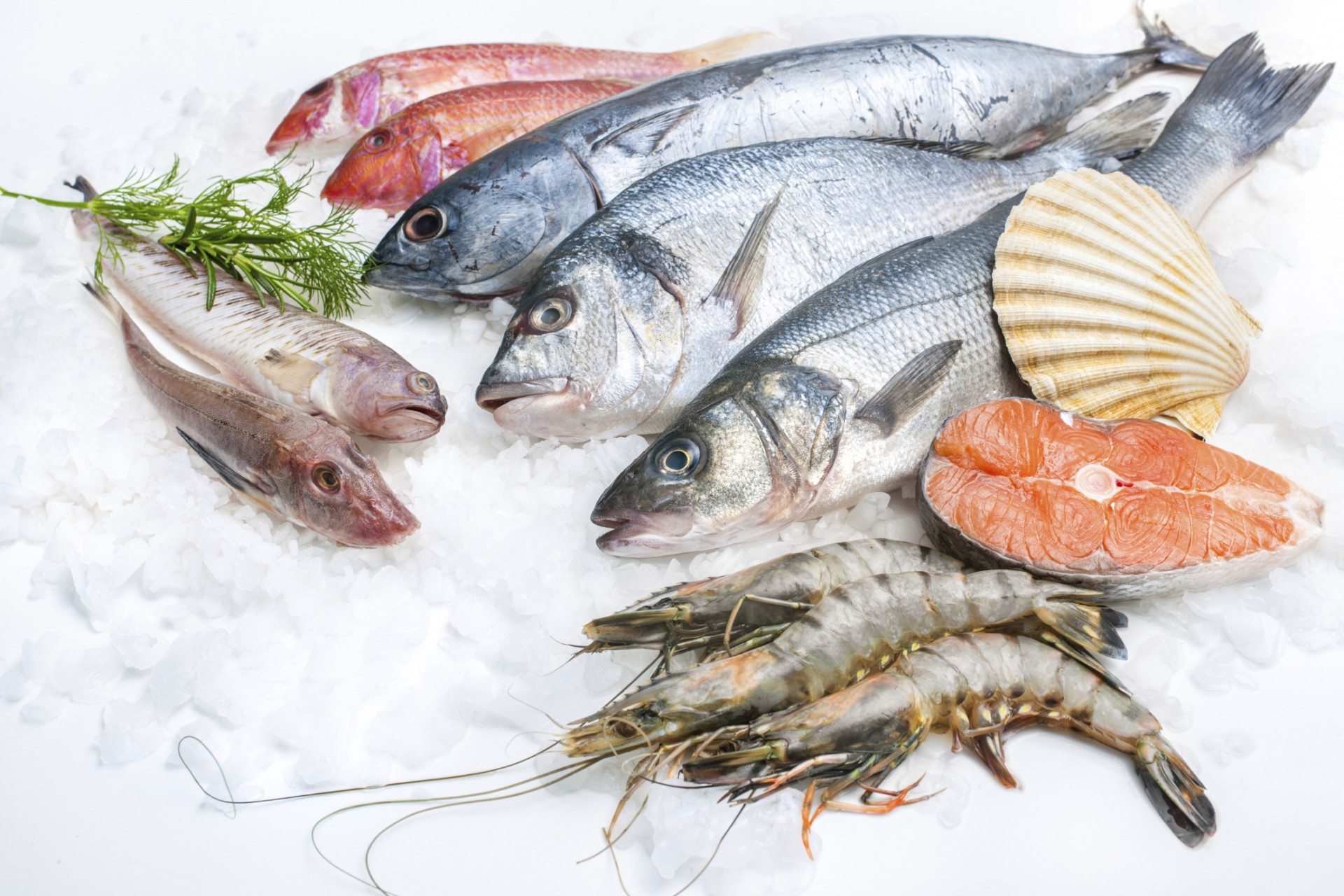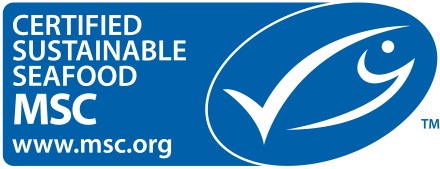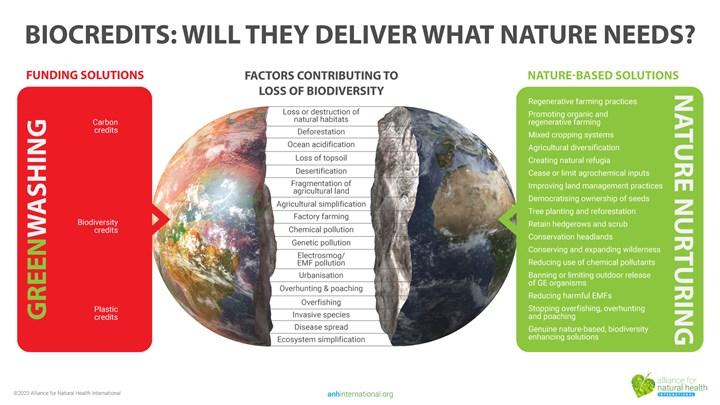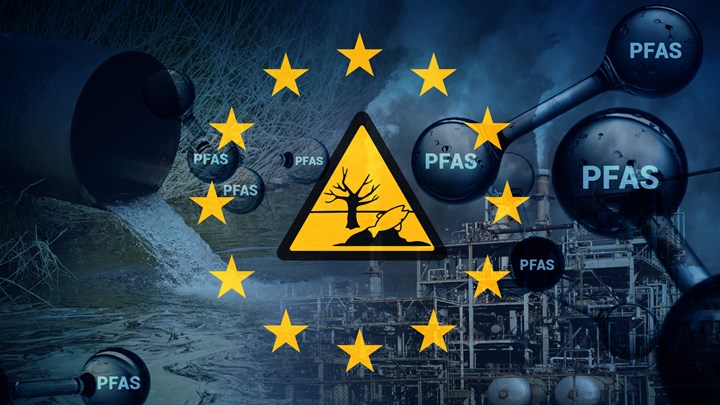By Claire Thorpe, acting campaign coordinator
Fish is an important source of protein in the diets of billions of people around the world with 150g of fish providing 50-60% of the protein requirement for an adult. Oily fish, such as salmon, mackerel, anchovies and sardines also provide omega-3 fatty acids, for which the health benefits have long been known. These benefits are said to include potent anti-inflammatory effects, a wide range of effects on the brain, improvement to nervous system development and function and reducing the risk of heart disease. We are often told to eat more fish or consume more fish oils. But with ever expanding populations and an inelastic supply of fish from the oceans and fresh waters, how sustainable are our fish supplies?
It was reported recently that over half of UK high street restaurants are serving unsustainable or unclearly sourced fish. Through mismanagement, illegal catch and unsustainable quotas an estimated 85% of fish stocks are now severely depleted. One widely cited study in 2006 made for grim reading, suggesting seafood would disappear by 2050 if practices didn’t change. While more recent studies are a little more optimistic, it can be difficult for the ethically minded consumer to enjoy healthy, sustainable and responsibly sourced fish without compromising on at least one factor.
This article looks at the sustainability of fish and fish products, highlights those certification systems you can trust and some of the other health concerns surrounding fish.
Fish Oil Supplements
The primary source of omega-3 fatty acids in the average human diet is oily fish (DHA and EPA fatty acids are almost exclusively found here) and with all the potential benefits these oils bring it is understandable why around one in ten of us choose to regularly enhance our diet with fish oil supplements. While actual consumption of oily fish in the UK is low – the average is below a third of the recommended weekly intake, omega-3 capsules are the most popular type of dietary supplement among all age groups.
But are these capsules really helping our health as much as some reports would have us believe? Study results have been very mixed, with the majority showing neither benefit nor harm resulting from fish oil supplementation. Dr Chris Kresser, a world expert in diet and functional medicine recommends keeping daily intake from supplements to below 3g and ideally 1g although he said that for most people “the best strategy is to consume about 12–16 ounces of cold-water, fatty fish or shellfish each week”.
Krill supplements were found to provide the same levels of EPA and DHA as fish sources with a comparably intermediate level of contaminants. However, an alternative vegan source of the fatty acids found in oily fish, mainly DHA, is certain types of algae (the green stuff that builds up on the glass of fish tanks!). Algae is the main food source for many fish, so consuming this rather than oil derived from fish cuts out the ‘middle fish’ (with the added bonus of avoiding built-up toxins) and can be harvested more sustainably than krill or oily fish.
Heavy Metals
There is some confusion over the possible ingestion of toxins and pollutants e.g. mercury or PCBs, from oily fish and this can also be a cause for concern in omega-3 supplements. These toxins are stored at higher levels in certain fish e.g. king mackerel or swordfish. Some would claim that the benefits of consuming fish oils are negated by the adverse effects of pollutants, and the possible long-term effects of toxin build-up. In general terms, the bigger the fish and the bigger its mouth relative to its size, the greater its propensity to accumulate toxins. Therefore a larger salmon with a smaller relative mouth size mouth might typically contain a lower level of contaminants than a smaller sea bass with its relatively large mouth.
Weekly consumption of some types of fish (swordfish, marlin or shark) would give a mercury intake at or above the government guideline of 3.3μg/kg bodyweight, above which mercury may cause harm. In general, the process of creating fish oil capsules involves centrifugation, which removes impurities so this could be a safer source of fatty acids.
Sustainability Certifications
If you do choose to eat fish, deciding on where to buy will be the next challenge. In particular selecting which certificate of sustainability to trust can be hard as there are so many different types. The World Wide Fund for Nature (WWF) compared four fisheries certification schemes in many criteria and the Marine Stewardship Council (MSC) came out on top. Other studies have also shown that MSC certification is something consumers are willing to pay more for. But, although MSC is widely regarded as the best of the bunch, the scheme is far from perfect. In 2009 Greenpeace identified numerous weaknesses, such as the acceptance of highly destructive bottom trawl fisheries, as well as strengths in its certifications system. The MSC responded that Greenpeace made “sweeping generalisations” in its report and reassured consumers that its fisheres are “well-managed and sustainable”. The MSC has been further criticised for doing little to encourage certified fisheries to improve and for its poor representation of developing world fisheries. The MSC also certifies fish oil supplements so when you buy fish oil supplements carrying the mark, this will likely mean the supply fisheries are more sustainable than for those products that don’t carry any mark.
Sustainable Fish Cities provides a useful page on its website that lets consumers know its view on the top 10 most sustainable fish swaps. You’ll find that some old favourites like skate are now critically endangered and should be swapped out for fish like dab, pouting or sole.
Surveys have shown that 71% of consumers think it is important for supermarkets to sell sustainable fish, so while popular species such as cod, prawns and haddock are being improved, most shops should be doing more to increase their traceability and sustainability. Supermarkets Marks and Spencer, Sainsburys and the Co-op have thorough sustainability policies regarding fish. If you want a more budget option Lidl is working to improve its environmental credentials and recently became the first UK supermarket to sell MSC-certified lobster for £5. Elsewhere in Europe the EC has created a website to help buy, sell and eat sustainable fish. The world’s largest tuna supplier Thai Union, which sells to John West and other manufacturers worldwide, has been heavily criticised for their unsustainable catch, oil spills and human rights abuses - so they are a brand to avoid at all costs.
Wild or Farmed?
Farmed fish has been sold as the solution to the fish-sustainability problem since scientists became aware how overfished wild stocks have become. On the surface this makes sense, bringing the agricultural model to fisheries so they replenish what they take while also eliminating problems of by-catch. Unfortunately it’s not that simple. The farmed fish industry has undergone massive growth in the past 50 years, but until very recently the methods and practices used have been left unchecked. This has lead to pollution of waterways by the fertiliser and antibiotic chemicals used in farming, disease spread and escape into wild populations and the use of wild fish as feed for the farmed fish, among other problems. The use of wild fish as feed often involves the capture of small or young fish which are pulped into pellets for carnivorous fish (salmon in particular), this rapidly depletes stocks as fish have no chance to reproduce. Deeply concerning is that farmed prawns have been linked to the slave trade in some Asian countries such as Thailand (a situation also seen on tuna vessels from that country).
There is some hope for farmed fish though. Many salmon farms are beginning to clean up their act, using cleaner fish to prevent disease and experimenting with alternative sources of protein for feed e.g. seaweed. Herbivorous fish (tilapia, carp and barramundi) prevent the need for fish caught for feed and are usually farmed in enclosed ponds, reducing their impact on the ecosystem. In some countries the practice of aquaponics (waste water from fish is recycled into vegetable fertiliser) is a cheap way to provide protein and vegetables to growing populations without depleting the environment.
The most recent twist in the farmed fish’s tale is last week’s approval by the US Food and Drugs Association for farmed GM salmon to be sold unlabeled. Still, the Canadian government is now being sued over this decision in an attempt to block the production and sale of GM salmon.
The Future of Fish
With so many fish stocks severely depleted and lacking any protection for the future, it may seem like our oceans might be heading for decimation beyond the point of no return — and that seafood, a key food group in the evolution of humans, won’t be on our table for long. But there is evidence that progress in rescuing the perilous state of fisheries is being made. In the UK, for example, a new labeling system was created last year, with 80% of UK fish supply sold by signed-up parties. The system commits retailers to full traceability of their fish – giving consumers the knowledge to buy better and demand more from supermarkets. However, some of the species currently on the IUCN’s Red List of critically endangered species are also those that are all-too-familiar on our plates. The Marine Conservation Society’s Good Fish Guide is an excellent tool to help rule out certain fish, for example dredged shellfish and most tuna species.
Great gains are also being made worldwide in the creation of marine protected areas- although the 3.4% of the ocean currently protected falls well short of UN targets for 10% by 2020. These areas are a safe haven for fish where adults are left to grow and produce offspring. There is also evidence of ‘spill-over’ benefit as sanctuaries top-up external fish stocks. While the UK has done well to pledge to create the largest fully-protected marine reserve in the world (around the Pitcairn Islands in a pristine area of the South Pacific) it has not done so well closer to home. Only 4% of UK waters are protected (this figure includes candidate sites), and some of these still allow destructive dredging methods.
The end of the line
As with all positive change, awareness is the first and foremost ingredient. Books, films and documentaries can be powerful agents of change for this reason. If you haven’t already, we strongly recommend you read Charles Clover’s award-winning The End of the Line: How Overfishing Is Changing the World and What We Eat (University of California Press, 2006) or watch the, also award-winning, documentary of the same name which followed in 2009.
Apart from being aware and helping others to think before they buy, here are some pointers to help those of you who still choose to consume fish:
- If you want to supplement with omega-3 oils and are happy with high DHA to EPA ratio, then taking vegan supplements made from algae is a more sustainable option.
- When it comes to certification, the MSC is still probably the highest standard, althought it is not perfect.
- When buying fish, use the MCS Good Fish Guide (as web search, mobile app or pocket guide) or relevant Greenpeace guides or alternative guides listed on the Greenpeace website.
- There are also some fish species, particularly most tunas and eel that are so difficult to eat with a clean environmental conscience that they are simply best avoided. Consider swapping these with fish from less depleted stocks e.g. pollock or bream.
- Check that your fish seller has good sustainable fisheries policies.
- When it comes to eating out fish2fork is a useful guide to where will serve you ethically sourced fish – and the results are sometimes very surprising.
Back to Food4Health campaign









Comments
your voice counts
There are currently no comments on this post.
Your voice counts
We welcome your comments and are very interested in your point of view, but we ask that you keep them relevant to the article, that they be civil and without commercial links. All comments are moderated prior to being published. We reserve the right to edit or not publish comments that we consider abusive or offensive.
There is extra content here from a third party provider. You will be unable to see this content unless you agree to allow Content Cookies. Cookie Preferences